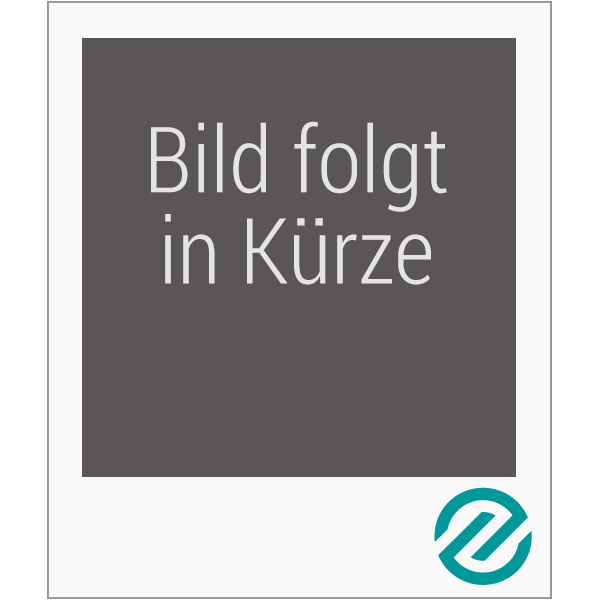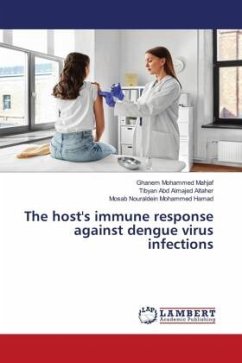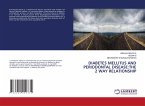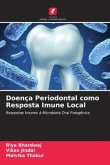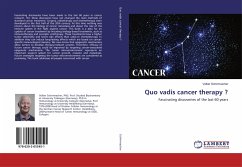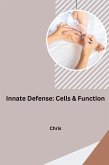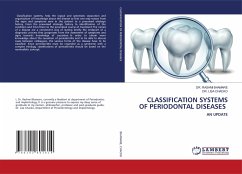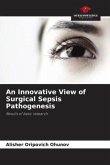Periodontitis is a complex inflammatory disorder which is caused by various causative factors . One of the causative agents is pathogenic microbiota in the subgingival biofilm. The host is normally in a condition of homeostasis with the oral microbiome; nevertheless, homeostatic equilibrium can be disrupted due to an abnormal host response. The innate immune response, constitutes a homeostatic system which is able to recognize invading microorganisms as non-self and launch an attack against them to eliminate them. Apart from innate immune response, adaptive immunity, particularly T-cells mediated immune response is highly dependent on antigen presenting cells, which after antigen capture undergo maturation and migrate towards lymph nodes where they produce distinct patterns of cytokines which will contribute to subsequent polarization and activation of specific T CD4+ lymphocytes. All cytokines and inflammatory mediators have the ability to stimulate periodontal breakdown and collagen destruction, a characterization of progression of periodontitis. This publication gives insight about the involvement of host immune response in etiopathogenesis of periodontal disease.
Bitte wählen Sie Ihr Anliegen aus.
Rechnungen
Retourenschein anfordern
Bestellstatus
Storno

